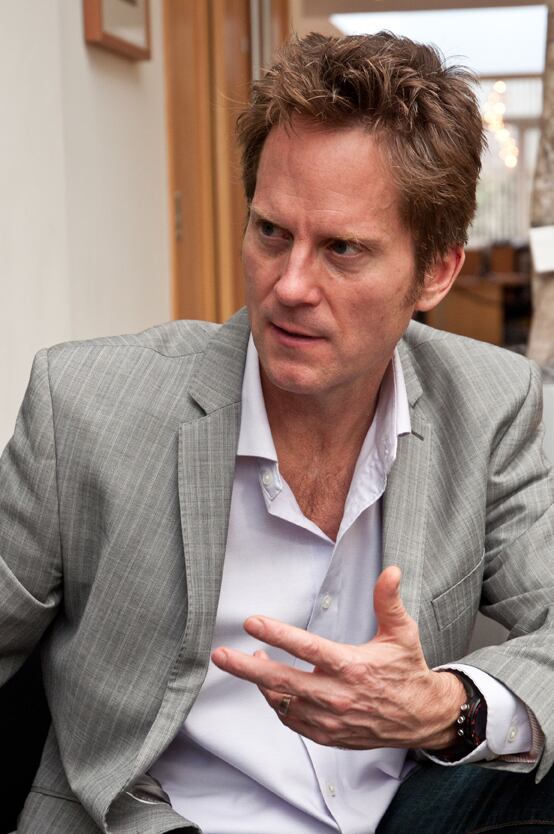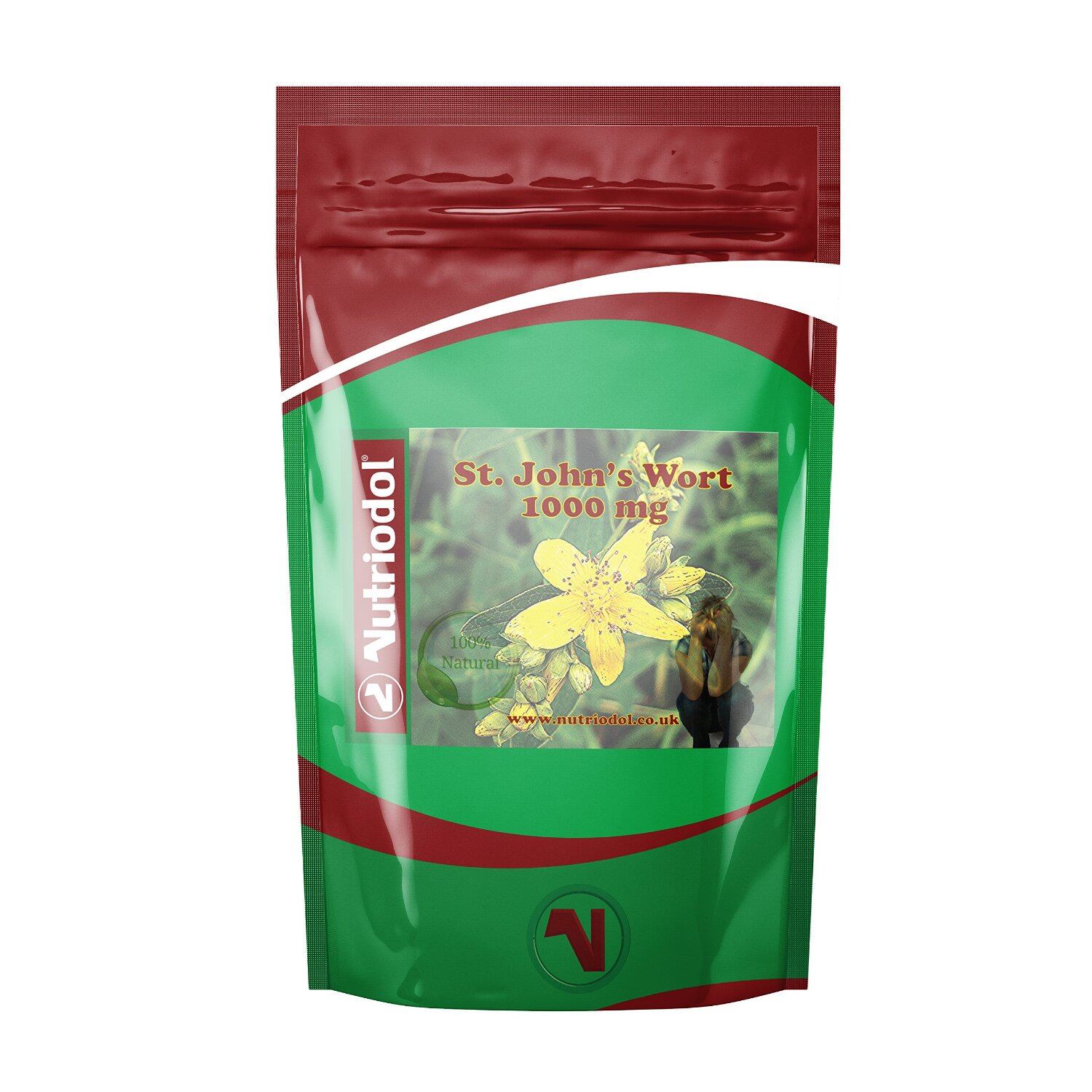Dick Middleton, who is technical director at the UK arm of German pharma firm Schwabe and chairman of the British Herbal Medicine Association (BHMA), said a number of unlicensed products continue to appear on the Amazon UK site.
“This is very much a safety issue. Licensed THR products have safety information leaflets telling the customer how to use them and of potential side effects, much like paracetamol, and are of high quality. This is not the case for unlicensed products,” Middleton told NutraIngredients.
Of the first three pages of SJW product listing on Amazon, he said only eight bear the THR (Traditional Herbal Registration) logo, adding that the MHRA and HFMA were “premature” in “congratulating themselves about how well they had done.”
SJW is typically used by people seeking to alleviate mild to moderate depression.
Overstepping the mark
Others, however, are disputing the legitimacy of the busts. Dr Robert Verkerk, executive and scientific director of the Alliance for Natural Health-International (ANH-I), said that the MHRA removed some products that had not made medicinal health claims - meaning that it was not acting within its legal jurisdiction.

Dr Verkerk cited the examples of a product called Perika which states that it helps “maintain a healthy emotional outlook.” The fact that the brand does not refer to depression, anxiety of other diseases takes the product out of the medicinal category and into the herbal supplement sector.
He said it was the responsibility of the Trading Standards Office or Advertising Standards Authority (ASA) to investigate such health claims and not the MHRA.
An MHRA spokesperson said: "The MHRA is responsible for medicines legislation and will classify products on a case-by-case basis, in accordance with the procedures which are clearly set out in our guidance. Our consideration of claims that are being made goes beyond the information that is put on packaging and can also extend to information on webpages and personal testimonies."
Middleton said the issue of consumer safety was paramount and extended beyond the wording on labels.
A costly process

Busted
1. Nutriodol St. John's Wort "High quality depression relief" (pictured)
2. Perika St. John's Wort "Patented extract to maintain a healthy emotional outlook"
3. Source Naturals St. John's Wort "Helps Supports a Positive Mental Outlook"
4. Obire St. John's Wort "Increases feelings of wellbeing, reduces anxiety and stress, relaxant"
To apply for a THR licence companies must compile data and submit a dossier containing safety and efficacy data. It can be a lengthy and costly process that is beyond the means of many small and medium-sized firms. Typical THR registrations under the EU Traditional Herbal Medicinal Products Directive (THMPD) cost between €60,000 and €200,000 depending on how much data a company already possesses. tHE MHRA says that application fees for SJW are around £2692.
Pavel Minarik, director of UK-based Nutriodol – whose products were removed in the sweep – said it’s a confusing area for companies. “We think there should be more guidance and clearer ways of guiding companies to the correct claims,” he said.
According to Dr Verkerk, the cost of THR registrations act to price smaller players out of the market.
“It is utterly unreasonable for [food supplements not making health claims] to be targeted… This is a means of clearing all the food supplements off the market to reduce competition for companies whose products have the THR logo.”
For Middleton, however, the higher price of THR products guarantees quality, which “comes at a price.”
“Polarisation of the issue doesn’t help anybody – there is a place for herbal medicines and a place for botanicals,” he added.
